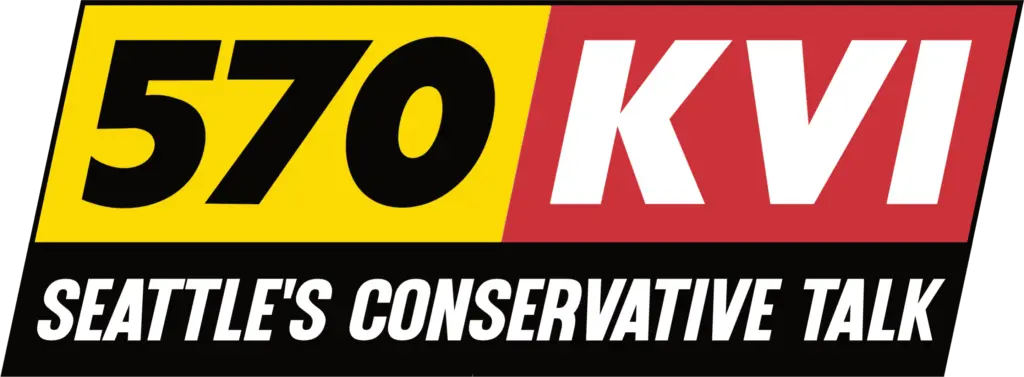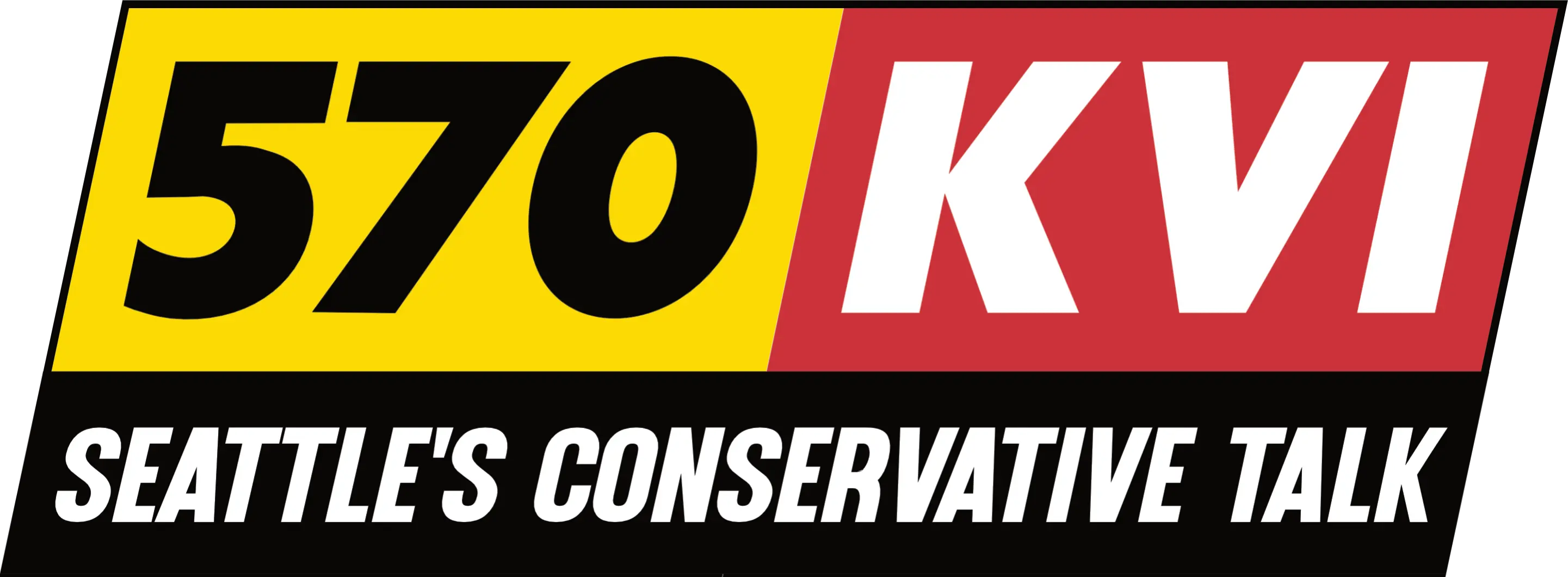
Seattle Mayor Bruce Harrell has unveiled a new proposal to create an $80 million “anti-gentrification and reparations fund” as part of his upcoming 2026 budget, a move he claims is aimed at countering decades of discriminatory housing practices such as redlining and racial covenants.
The initiative, which still requires City Council approval, would provide down-payment assistance and housing support for families impacted by historic housing discrimination. Harrell pitched the plan as essential to confronting Seattle’s affordability crisis.
“We have to recognize some realities about this city,” Harrell said. “We have to acknowledge how unaffordable Seattle has become.”
Background on the Covenant Homeownership Program
Harrell’s proposal builds on Washington’s Covenant Homeownership Program, first introduced in 2023 by Rep. Jamila Taylor (D–Federal Way) and expanded this year by Governor Bob Ferguson. That program provides zero-interest loans to first-time homebuyers from certain minority groups that historically faced redlining in Washington. Under the revised law, loans can be forgiven after five years if recipients earn 80% or less of the area median income (AMI).
Critics say it is fiscally irresponsible, legally questionable, and excludes certain groups that were also historically discriminated against. Funding comes from fees added to real-estate recording transactions, shifting the model away from a self-sustaining loan fund toward what critics argue is effectively a grant system.
Criticism and Legal Challenges
The exclusivity of the program has raised concerns regarding equity and legality. Talk Radio 570 KVI host Ari Hoffman noted that his own Jewish family, despite facing redlining in Seattle, would not be eligible under the program guidelines.
Brandi Kruse, host of the UnDivided Podcast, said of the program, “People who, just because their skin pigmentation, without having to prove any sort of actual tie to housing discrimination in our state’s past, will be gifted a down payment to the tune of $120,000 plus. This program should not exist. It’s ripe for a legal challenge.”
Andrew R. Quinio, an attorney with the Pacific Legal Foundation, which is representing the Foundation Against Intolerance and Racism (FAIR) in a lawsuit against the state program, echoed those concerns: “Our clients at FAIR meet all the income and residency standards, but they’re excluded simply because of their race. That is wrong — and unconstitutional.”
Harrell’s Broader Housing Plan
Alongside the reparations fund, Harrell also proposed a record $350 million investment in the city’s Office of Housing. While the mayor billed it as the largest single allocation for affordable housing in Seattle history, inflation-adjusted figures show it is roughly equal to the 2024 levels. The money would come from the 2023 housing levy, developer fees, and a payroll tax on large corporations.
The funds are intended to stabilize struggling affordable housing projects and spur the construction of new units. But questions remain about how the city will afford such a plan, given that Seattle is already facing a budget deficit of several hundred million dollars.
Harrell also unveiled $11.5 million in rental assistance programs, including $4 million in new ongoing funding. He issued an Executive Order aimed at streamlining the distribution of funds to prevent evictions and keep families from falling into homelessness.
The mayor’s announcement comes as Seattle heads into a politically charged election season. Critics argue the proposals are designed to shore up his progressive base as he faces a challenge from activist Katie Wilson, who has been doubling down on the failed “housing first” strategy.
What’s Next
The reparations fund and housing plan will be debated in the coming months as the City Council reviews Harrell’s 2026 budget.



